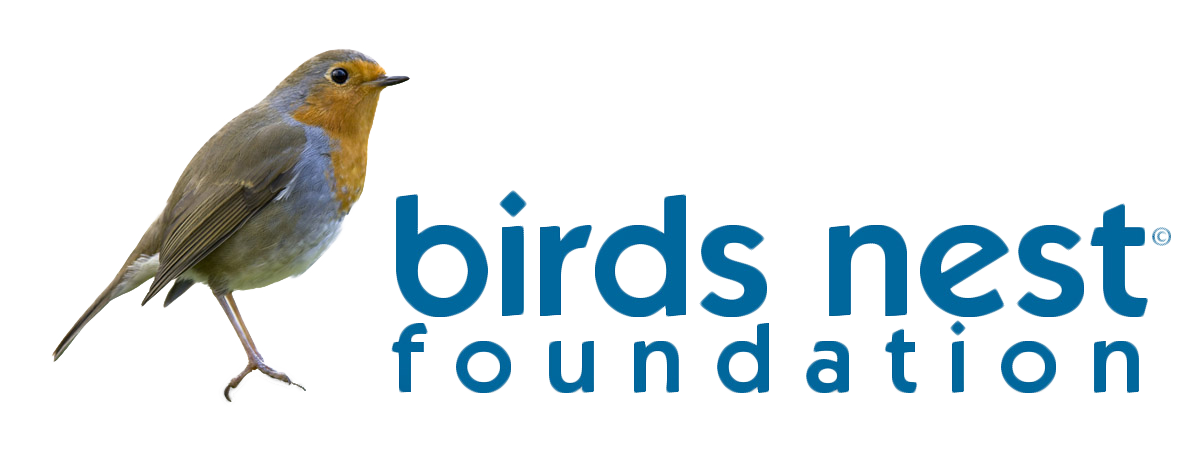Video: What do you know about your prostate?
This past month was annual Men’s Health Month. While there are various diseases and aspects that we could have focused on during the month, here at Birds Nest Foundation we decided to direct our focus on the issue of prostate cancer. We wanted to raise awareness for this cancer in particular because after doing much research it became clear that a majority of men can’t even locate their prostate, let alone know what it’s function is and how to prevent it from developing cancer. Our team set out to Central Park to ask strangers what they know about the prostate and raise awareness for the deadly disease.
While the interviews were fun and at times hilarious, the goal remained the same and that was to raise awareness for this disease and see how much people already knew. So, the question is how much did people actually know? While many of the strangers made very educated guesses and came very close to the answers they didn’t hit the nail on the head most of time. There are many facts that people don’t know.
The fact of the matter is that prostate cancer is something that can be detected if you go and get a prostate exam done beginning at the age of forty and if you have a history of prostate cancer in your family you should get the exam earlier than that. Some ways to keep your prostate healthy depends on your diet. By decreasing the amount of fatty foods that we eat, like red meat, and increasing our intake of fruits, vegetables, grains and fish we can help keep our prostates healthy and functioning properly. 30,000 men each year die of prostate cancer. More specifically it’s one out of every six white males and one out of every four black males. With ways to check for the disease like tissue biopsies and treatments such as radiation and hormone therapy, there is one question that still remains. Is it worth not getting checked? Be safe. Be smart. Take care of your prostate and don’t be one of those 30,000 men.
